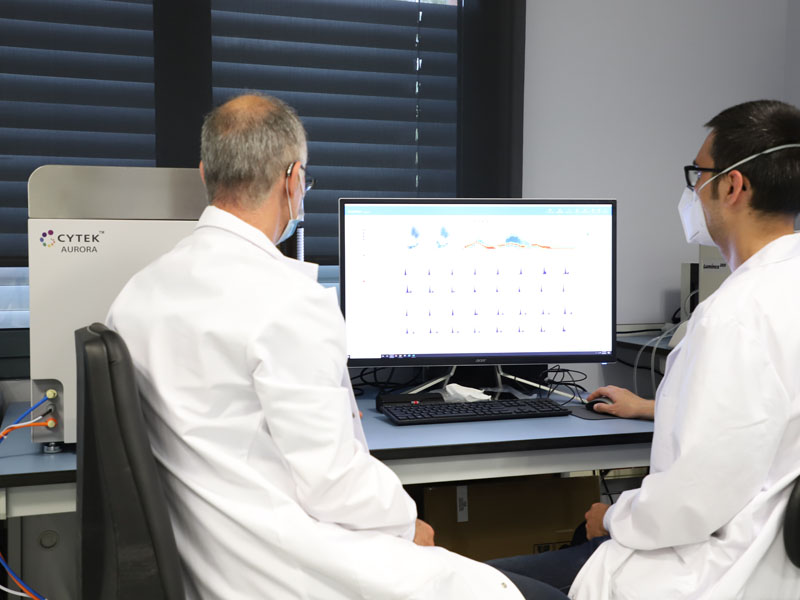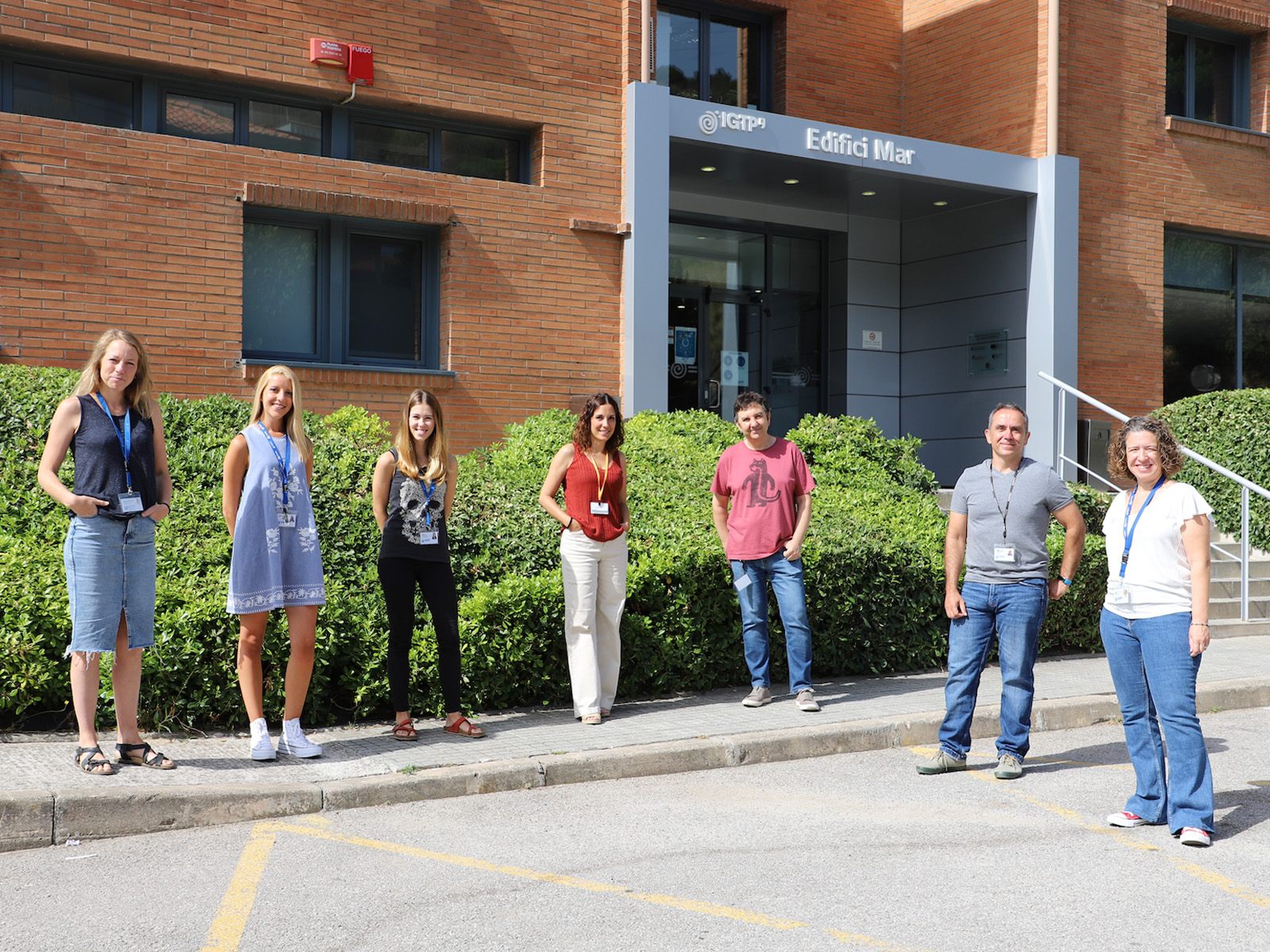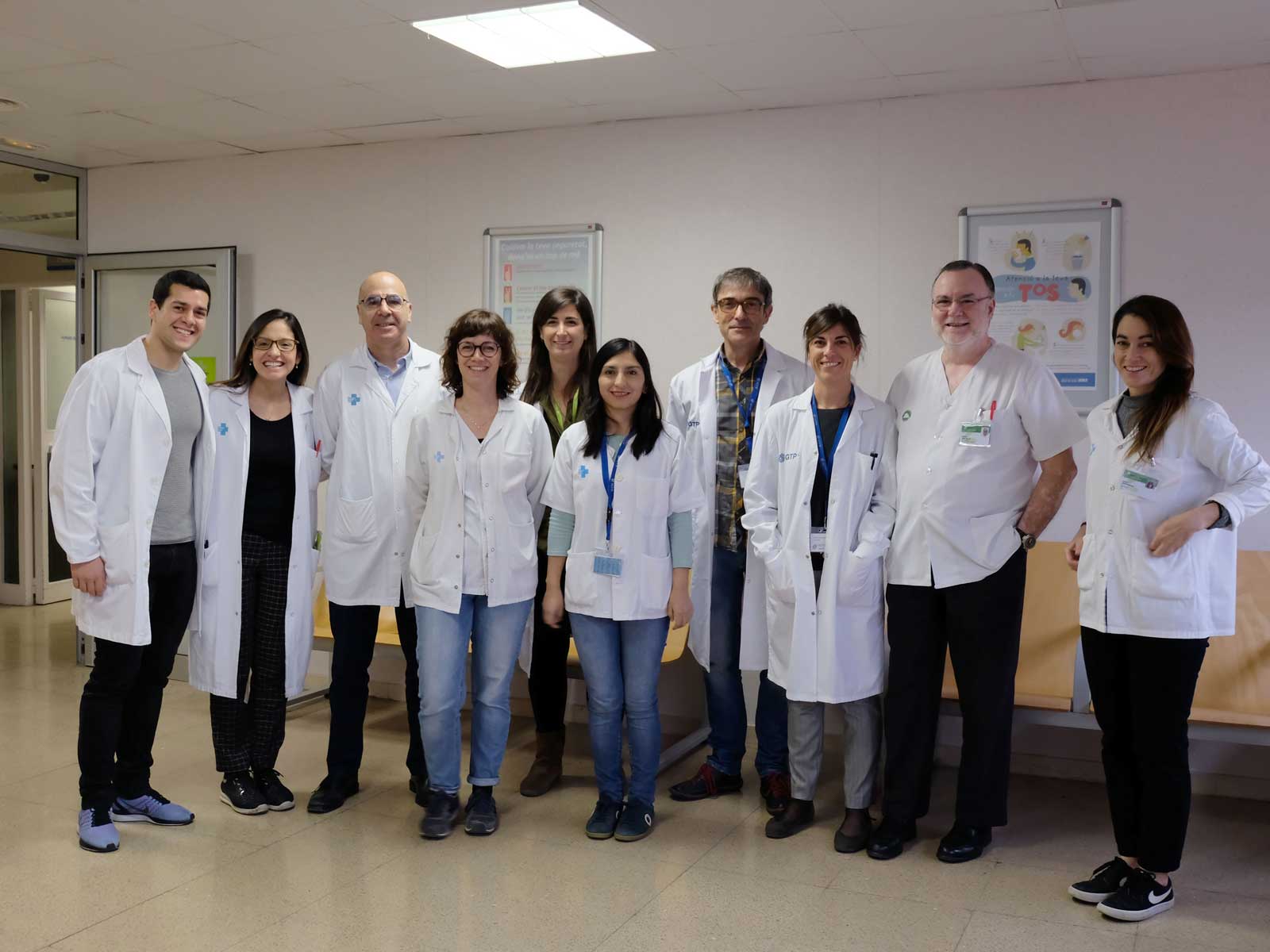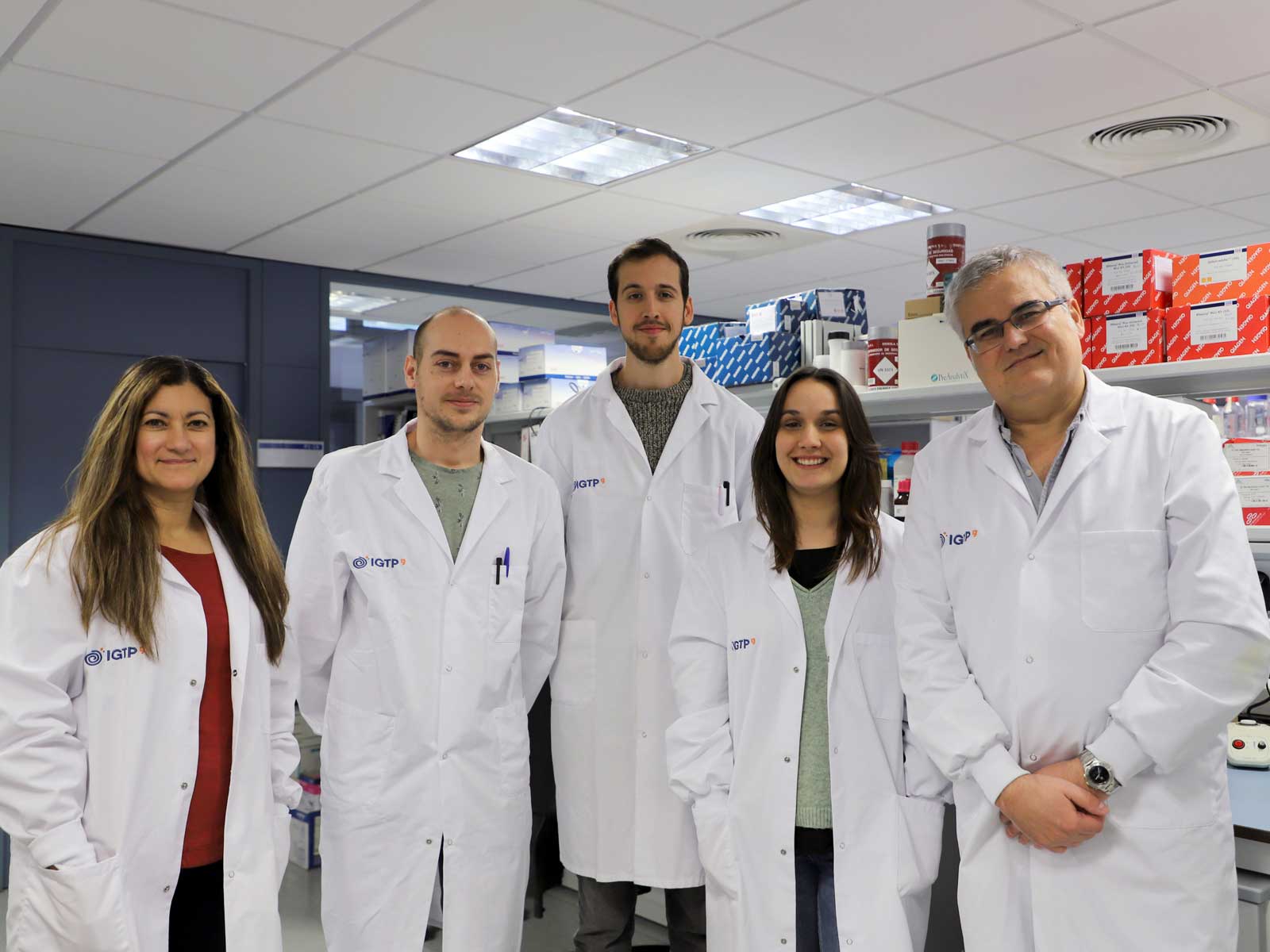The IGTP cytometry core facility is a reference for spectral cytometry in Europe
The Cytometry core facility, headed by Dr Marco Antonio Fernández, is one of the 9 European laboratories developing multidimensional panels for spectral cytometry to study the immune response to COVID-19 with the company Cytek Biosciences. Now the IGTP is one of the reference centres in this technology, the result of work in laboratories in Holland, the United Kingdom, France, Germany and Spain.









